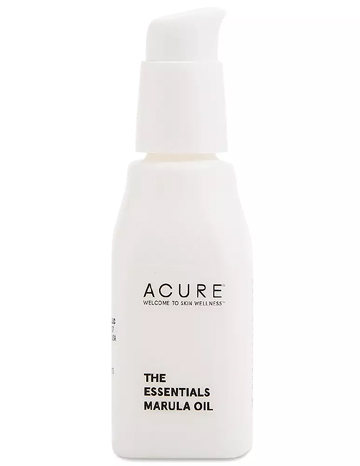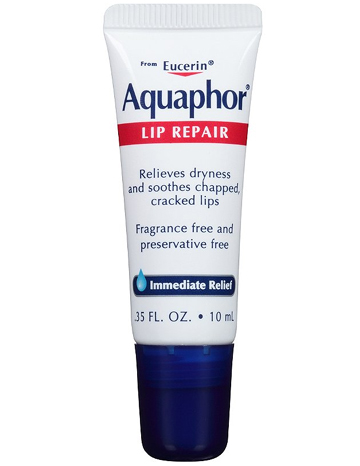Look For Products That Contain Hyaluronic Acid, Dimethicone, and Ceramides
Board-certified dermatologist Dr. Peterson Pierre, MD, says getting your skin back from a nasty cold starts with providing the skin with moisturizing ingredients — like, for example, hyaluronic acid.
"Hyaluronic acid is probably one of the most hydrating skincare ingredients out there, as it holds up to one thousand times its weight in water," Dr. Pierre explains. "This ingredient also contains a light consistency, and actually helps restore moisture to the skin, rather than just trapping the amount you currently have."
If the hyaluronic acid isn't enough, he also suggests adding ingredients such as dimethicone and ceramides. Ceramides, which he describes as lipids that can help repair the skin barrier, are especially key, since they help the skin to retain moisture, while also protecting against irritants.
"Shea butter (which is fat that comes from the nuts of the shea tree) is a great ingredient to look out for, as it moisturizes the skin while helping it to heal," he explains. "Coconut oil is another excellent choice, as it contains nourishing fatty acids and anti-inflammatory properties, leaving the skin looking dewy and full of moisture."
Similarly, Dr. Pierre adds that marula oil is also a skin-boosting lifesaver: Like shea butter, it contains antioxidants and essential fatty acids. Another plus? Marula oil is also ideal for those with sensitive skin.
"A cold will dry your lips out too, so I always advise people to use a good lip balm such as the Eucerin Aquaphor Lip Repair," says board-certified dermatologist Dr. Elizabeth Mullans, MD.
You're going to want to treat your sensitive, often-irritated skin with extra care, which means paying special attention to ingredient lists. As Dr. Pierre points out, you're not going to want to set off chapped and inflamed skin with potentially irritating ingredients.
"The list includes parabens and formaldehyde which are known skin irritants, and phthalates, which have been shown to be toxic in animal studies," he tells TotalBeauty. "I also recommend avoiding polyethylene glycol, artificial dyes, fragrances, and lanolin, because your skin may be extremely sensitive to them."
Image via d3sign/Moment/Getty
Dr. Pierre recommends slapping on those body lotions as soon as you get out of the shower. "The best time to apply your moisturizer is right after the bath or shower," he says. "Pat the skin dry, then immediately apply your chosen product to seal in as much moisture as possible."
Image via jacoblund/iStock/Getty Images Plus/Getty








